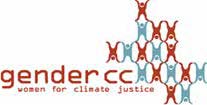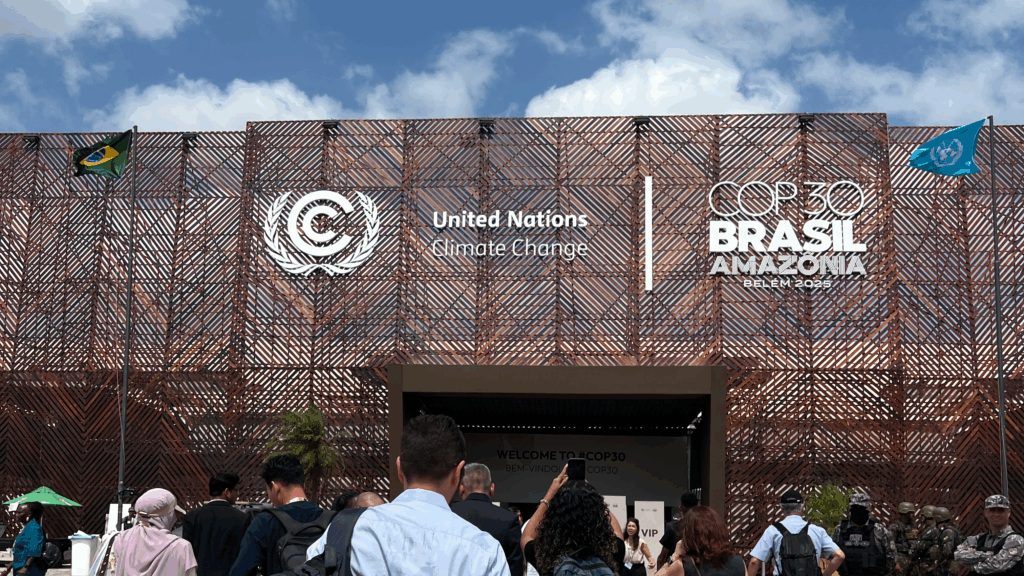
Integrating Gender into Urban Climate Change Initiatives (GUCCI)
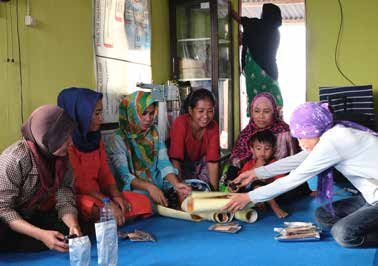
Description of the project:
This pioneering project explores options for integrating gender and social aspects into urban climate policies in six pilot cities. It seeks to build capacity at local level and develop gender-responsive policy recommendations, in order to strengthen citizens’ ability to become involved in urban planning processes and implementation, and to enhance the effectiveness, inclusiveness and acceptance of mitigation and adaptation policies. It was launched in 2015, in partnership with All India Women’s Conference, GenderCC Southern Africa, Aksi! for gender, social & ecological justice and Solidaritas Perempuan (Indonesia), and is part of the International Climate Initiative (IKI).
Climate impact:
The project helps local governments to enhance their climate responses by integrating social issues, e.g. poverty alleviation and gender equality, to make adaptation and mitigation more effective and viable, and create social and environmental co-benefits. Key issues and priorities are identified for each pilot city and strategies are developed to ensure that climate policies are more effective and respond to the needs and capacities of citizens, women and men, poor and marginalised groups.
Gender impact:
The project partners have developed and apply GenderCC’s Gender Assessment & Monitoring of Mitigation and Adaptation (GAMMA) methodology. The assessment involves several steps, covering institutional setting and procedures, the range of a city’s climate policies and an in depth analysis of the gender impacts of selected measures. The partners will develop policy recommendations based on the results of GAMMA and implement concrete genderresponsive campaigns and projects in the pilot cities.
Scalability / replicability:
The project is conducted in six pilot cities in countries of the Global South. It is replicable in urban areas in the Global South and, with minor modifications, applicable to cities in the Global North. The Gender Assessment & Monitoring of Mitigation and Adaptation (GAMMA) methodology can be applied by policy-makers, NGOs and community-based groups with the guidance of gender experts.
read the latest from our network
We work across regions and movements in deep solidarity. Together, we’re building collective advocacy to global problems.


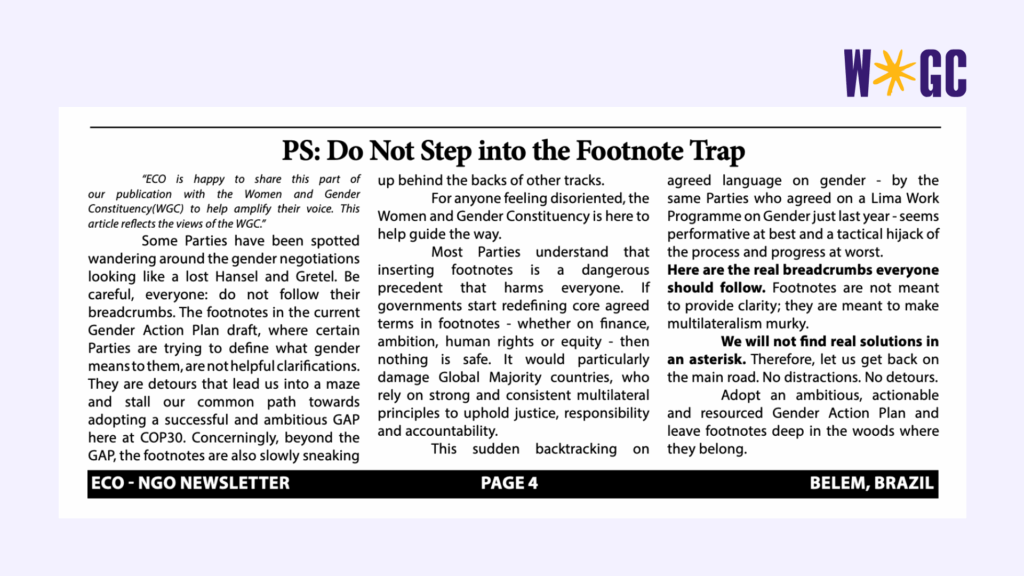
PS: Do Not Step into the Footnote Trap
19/11/2025
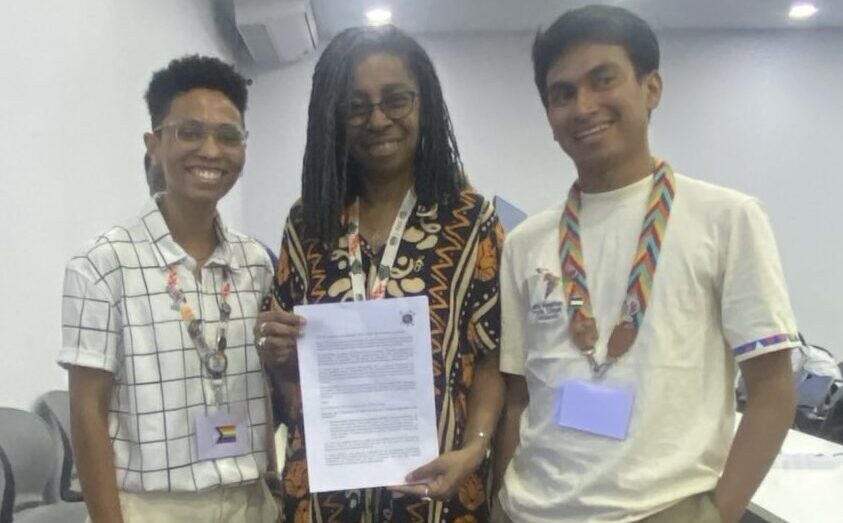
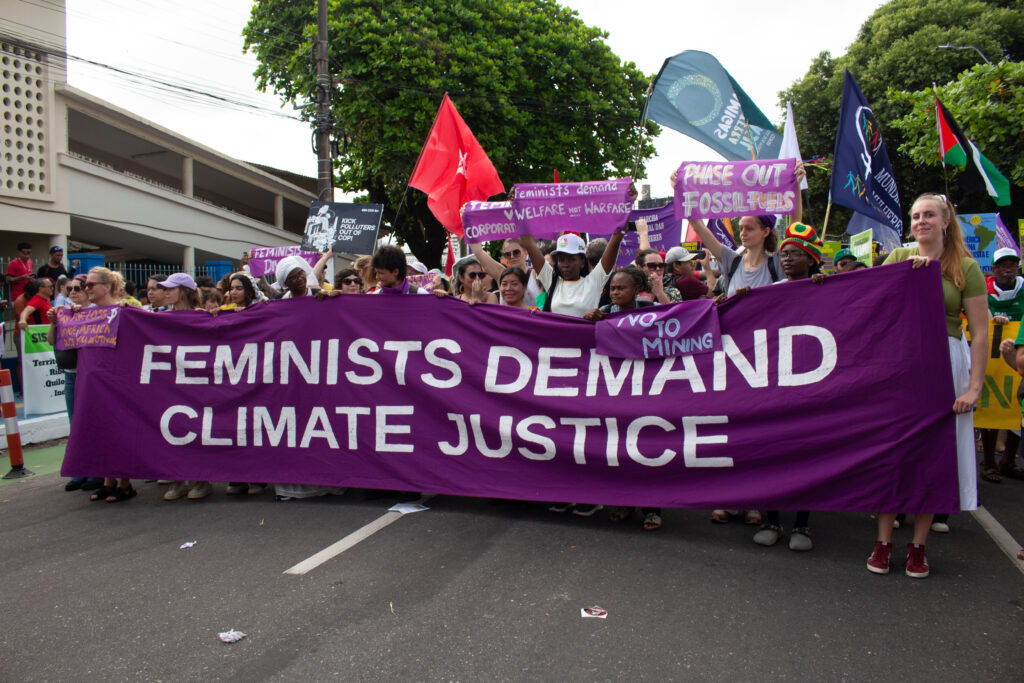
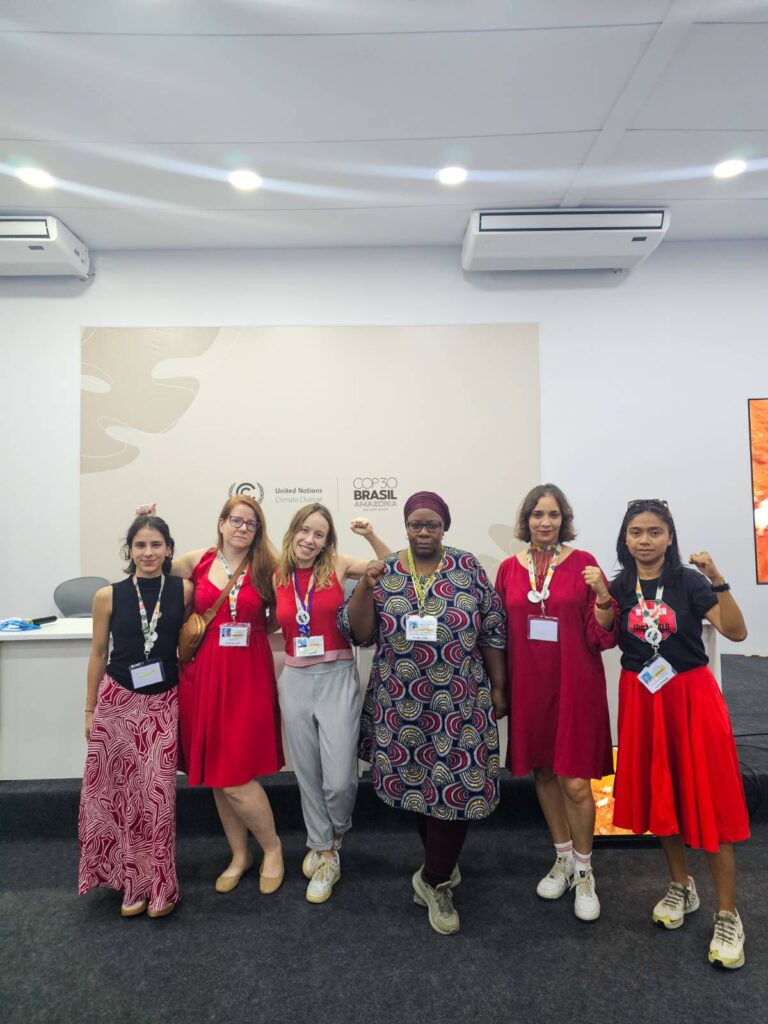
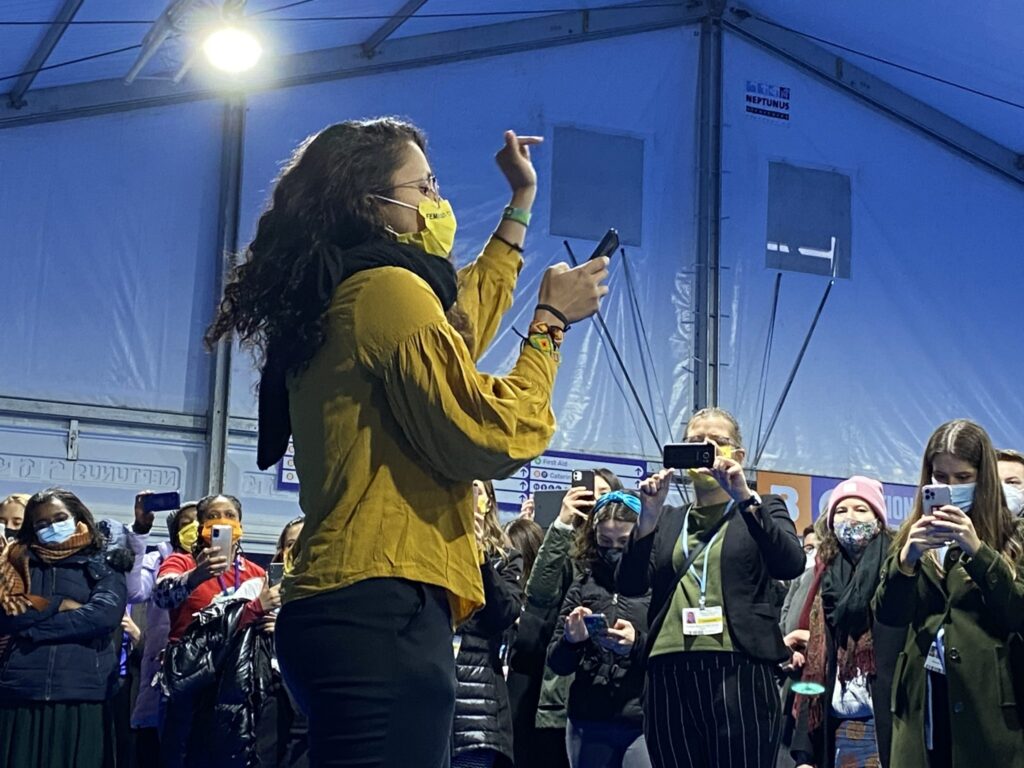
Gender Just Climate Action requires truth
12/11/2025

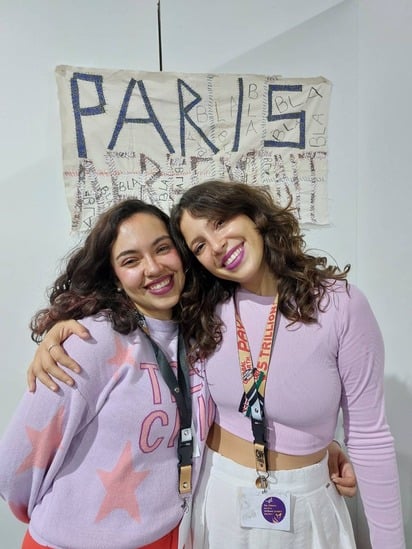
Nov 11 Action Alert: Gender Justice Day
10/11/2025

